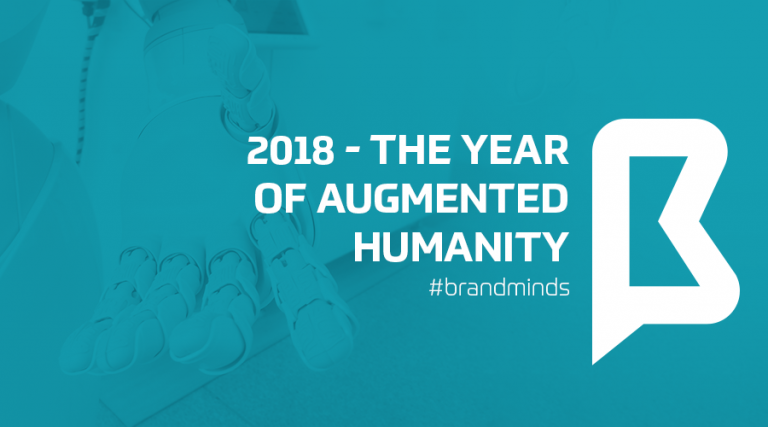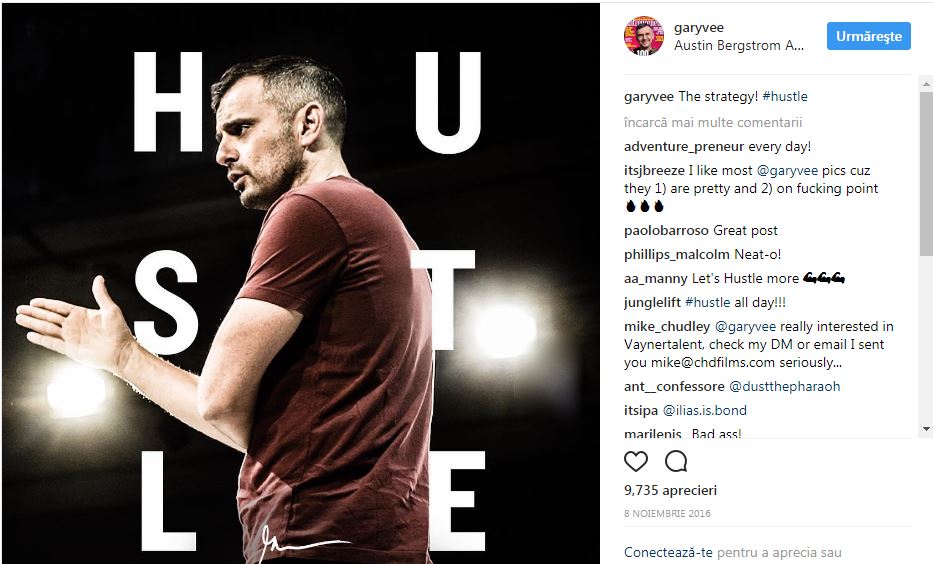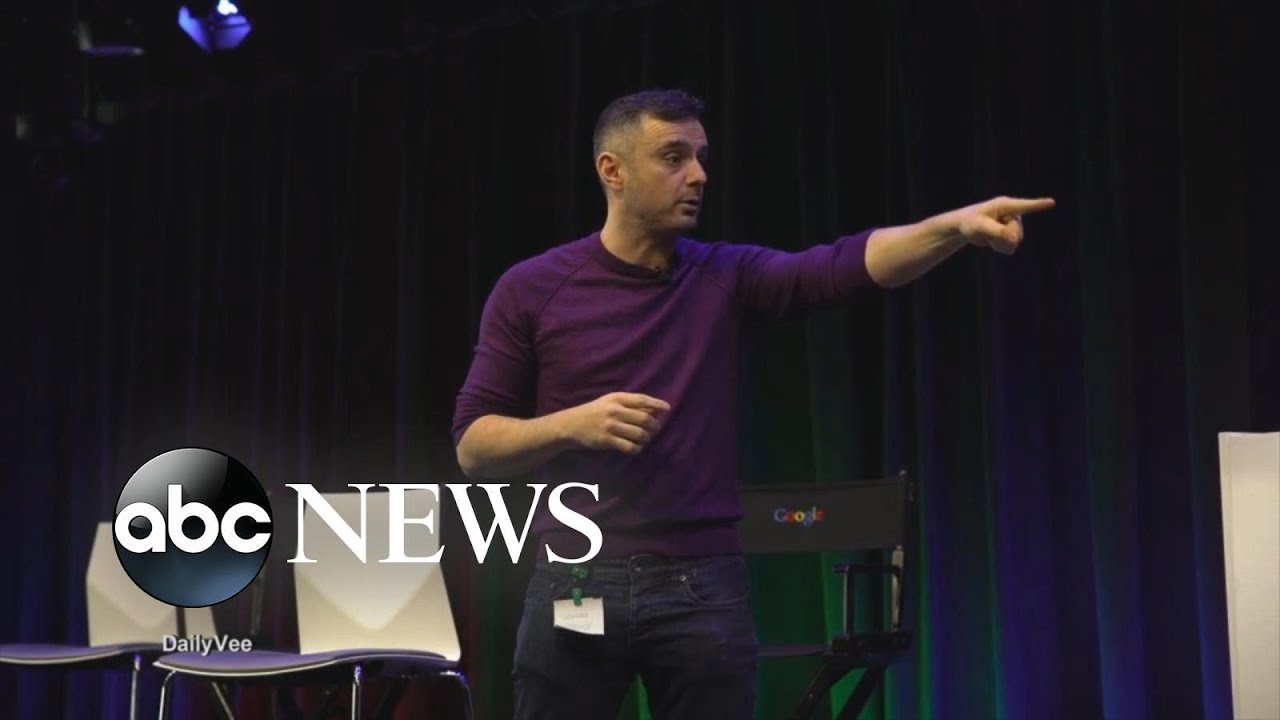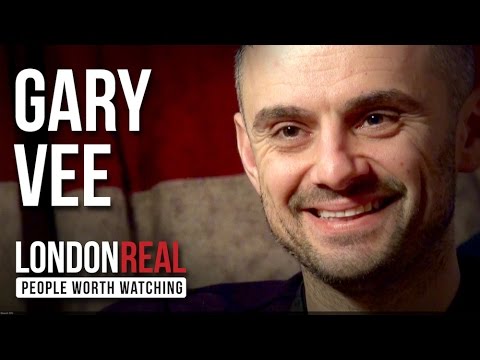Is empathy a must-have value for a leader?
No one cares how much you know until they know how much you care.
Theodore Roosevelt, former President of the USA
Is empathy a value we are born with? Do we develop empathy if we see other empathetic people and the way they behave with us?
Or maybe it’s the opposite- we become empathetic when we don’t see empathy in our entourage?
I believe we develop empathy from an early age. If you observe children play, it wouldn’t take long before you spot the empathetic one. If one child is crying, the empathetic one will go up to them and ask what’s wrong, will give them their toy or a hug to make them feel better.

How is it with grownups? Is empathy valued in a team or in the values of a leader?
I always appreciated people who are there for you when you need them. It could be just a few words, a hug or a look that gives you the feeling you are not alone.
There have been so many moments this kind of behaviour actually made me go on, helped me to be more confident and have hope for the better.
Empathy was part of my leadership style. And even when someone missed a deadline, I made sure I was the first to know and managed the situation before it was too late.
Empathy builds trust. People don’t hide their mistakes, they become more collaborative and even more productive.
Empathy is seeing with the eyes of another, listening with the ears of another and feeling with the heart of another.
Alfred Adler, renowned psychotherapist
During my career, I have seen three types of empathy with different reactions to it:
1. Empathy at the right time, in a needed amount.
This is when someone really needs to be listened to and comforted for five minutes. Afterwards, you ask them how they’re doing only once in a while. This is very much appreciated by most people.
2. Empathy out of debt.
When someone was empathetic with you, and you feel the need to return the favour, even though it is not in your nature. If it’s not fake, it could be ok. It still might be perceived unnatural if you are not usually having an empathetic behaviour and it’s better to remain authentic (see my article Standing out, yet being authentic, is it possible?).
3. Empathy overdose.
When you are empathetic with everyone, all the time, even when it’s not needed. It can be annoying and perceived as fake or close to flattery.

An empathetic leader is a leader sought by many employees. At the same time, there are opinions that empathetic leaders are spoiling their employees too much and cannot be demanding, thus cannot bring results.
I would say it’s totally wrong. Based on my experience, my team and I had the best results when we had a relationship based on trust and empathy.
Certainly, some people bring better results under pressure and have different needs in order to achieve the business’s goals. But I never heard that empathy was an obstacle for getting better results.
On the contrary. I think people don’t need to be afraid of their manager in order to show respect and get the job done.
There is still one thing that needs to be solved. What should be done when empathetic leaders have big teams, who are always having their doors open, listen to everyone, and try to help.
At the end of the day, they don’t have enough time to do anything else besides that.
There are options:
- If by now this approach has brought great results and the involvement of the team, leaders should delegate the rest of their responsibilities and keep supporting their team emotionally.
- Create middle-level management, so they can focus on business also.
- Have several hours per week of opened doors is enough.
- Coach their team to not be so dependent (see my article How coaching your team makes you a better leader)
And the list goes on.
Learning to stand in somebody else’s shoes, to see through their eyes, that’s how peace begins. And it’s up to you to make that happen. Empathy is a quality of character that can change the world.
Barack Obama, former President of the USA
If you are not naturally an empathetic person, it could be difficult to show that characteristic without giving an impression of being fake.
Still, it is worthwhile to try. You will see that there will be a big difference in relationships, work environment, and results overall.
There is a need for more empathetic leaders.
Join the Conversation
We’d love to hear what you have to say.
Get in touch with us on our LinkedIn Group, Facebook Group or Twitter.
2018 – The Year of Augmented Humanity

Isobar predicts that 2018 will be the year of Augmented Humanity, a year where technology enhances and scales our most human attributes. In 2018, technological interfaces will become more natural and instinctive, technology will automate repetitive tasks to free up time for creativity and compassion, and artificial intelligence will meet emotional intelligence.
Isobar’s innovation and strategy experts from around the world have defined five key trends that explore this evolving relationship between humanity and technology and predict a harmonious future. Augmented Humanity explores the ways in which technology enhances and fuels our most human attributes – the ability to recognise and trust each other, to adapt to changing circumstances and the power to deliver true creativity.
Artificial intelligence is great, but humans score on emotional intelligence. The power of being human is in empathy. This cannot be automated or outsourced. Augmented Humanity will use technology to scale everything that is best and most powerful about human interaction.”- Jean Lin, Isobar’s Global CEO.
The report argues that we may one day view the era of anonymous, one size fits all transactions as a temporary blip in our evolution, and that as technology advances it will become more human, not less. It will return us to a time where voice will be the primary way we interact with the world, where we will be recognised and rewarded in stores, and where we will buy more directly from trusted suppliers.

source: medium
Isobar’s five key trends for 2018 explore this intersection of technology and humanity, magic and the machine, code and conscience:
1. Body Talk explores the body as an interface, as our eyes and ears replace touching and tapping.
2. Powered by People tackles the shift from customers to communities as technology turbocharges the sharing economy.
3. The Economy of Me looks at the power of AI to deliver ever more personalised products, prices and places.
4. The Ethical Algorithm tackles technology as a force for good; in a world of fake news and algorithm bias is there such a thing as moral code?
5. The Makers and the Machines explores the extraordinary union of art and technology to create outputs we could never before imagine.
You can download the report here.
5 pieces of advice for entrepreneurs in 2018, the local PR agency point of view
We recognize the importance of PR in your business and we believe you should as well. Therefore, after last week‘s pieces of advice received from Chapter 4 Romania, we now offer you the perspective of a local, driven and creative PR agency – Galeriu & Partners PR. A point of view wrote by Alina Galeriu, Managing Partner.

It’s a special mindset the one of an entrepreneur. It’s a mindset of a dreamer and in the same time a mindset of a doer. It’s the mindset of an overachiever.
There is no uncomplicated way when you start your own path and take full responsibility for your future and the future of your employees. There is no free time left, because your job becomes your life. Your thoughts will always revolve around your job and the worries will endlessly hunt you. There is no entrepreneur not facing these challenges daily.
I know this first hand, since I am myself an entrepreneur struggling with all these demons, doubts and setbacks. However, I also know how thrilling it is to win a new client, to receive a thank you email for a job well done or to simply see things happening the way you imagined them and even better. It’s like you have a magical wand that makes dreams come true. There are days when such emotions flood me and make every struggle worth it. There are days like these when mountains seem to be easy to move and the sky seems reachable.
So, I understand the way an entrepreneur thinks from an insider point of view. Also, as a communication consultant I come across various entrepreneurial businesses which I can see as an outsider, trying to grasp with an objective eye what needs to be done to improve their performance and help them gain more clients, which is ultimately their goal.
Fine tuning – the art of finding balance between idealism and realism
Talking about goals, the first advice I would give to an entrepreneur is about finding clarity in setting goals. From my experience with dealing with small business owners, the short-term objectives tend to win over the ones focused on long-term. Thus, they seem to be forgetting the bigger picture. Which is very dangerous on the long run for their business. When you think small, you act small.
Of course, there is also the equally dangerous approach of taking risks for the sake of saying “I believe I can, so I will”. Positive thinking can help one boost their morale, but there should be some extent towards which one can keep on dreaming without a reality check.
Either of these approaches would turn out to be inefficient, so my advice would be: start taking calculated risks. Of course, if you simply take small steps, the return will be also small and almost insignificant, so you can soon start feeling demotivated. Risk taking is something you should be considering as an entrepreneur. But, again: take the risk without losing your head! First years after launching a business translate into investing and getting little in return. But if you make the right investments (and by investing, I mean time, energy, money altogether) and have a helicopter view upon the market, the consumer and your product’s place among these exterior factors, you will win in time.
There is a thin line between being either too shy in taking risks or being reckless about it. This fine adjustment in finding the balance between the two is the art of keeping you head clear, focused on the future, yet having your feet on the ground.
How can this be translated into actual PR tactics?
Time to give some real examples, PR related. But not before debunking one more myth: PR is not free. Yes, it means investing far less money than you would have to invest if turning to advertising, but it still is a promoting technique which means investing some money to get results.
For example, you cannot expect to generate free media coverage endlessly without offering product samples to be tested by journalists and online influencers (bloggers, vloggers) or inviting them to test your facility if you are operating in a hospitality industry for example (a restaurant, a hotel, an entertainment facility). This, of course, translates into costs for your small business. But there is no better way to prove the effectiveness of your products or services than inviting key opinion leaders to test and convince themselves that you deserve to be praised. And there are several PR tactics.
Also, you cannot expect that your priorities would be embraced by everyone around you. Of course, your product’s benefits seem the most vital discovery in the world in your view, yet journalists are facing so many similar remarkable / never seen before / innovative product news which they need to browse through… So, it is only natural that sometimes they miss out on some of the details. Or sometimes they genuinely think some other product is more important or relevant for their readers or for the focus and style of the publication they are working for. This should not be a reason to hold a grudge. It is what it is. Learn the lesson and move on. Being too pushy regarding a certain topic will only make journalists feel cornered and uncomfortable. So better than to push someone on the verge of becoming resentful.
And finally, you should take into consideration giving back to others from time to time, through a small CSR campaign, or at least a donation for the less fortunate. Sometimes simply a know-how sharing effort can mean a lot for those in need, while for you would only mean sparing a few hours for visiting students at a university class or hosting internships for them in your company and guiding their firsts steps in the field you activate in.
In many ways PR is simply a set of common sense rules. It’s about empathy, about balance and about being reasonable. As simple as that.
Meet Joe Escobedo, One of Singapore’s Brand Minds
Recognized as one of the “Top 20 Content Marketers” worldwide and awarded the “Most Influential Global Marketing Leader” at the World Marketing Congress, Joe has helped countless organizations and executives transform from relative unknowns to superheroes online. He has also created and led successful digital marketing, branding and PR campaigns for both startups and Fortune 500 firms. He is a contributor for both Forbes and the HuffPost, as well as an award-winning speaker. His articles, interviews and talks have been read or heard by nearly one million people.
What is the significance of Joe Escobedo “The Brand Builder” and what is the story behind it?
“The Brand Builder” is a moniker given to me by my colleagues when we were trying to create ‘superhero’ names for the team.
You worked with companies from U.S., China and Singapore, which market did you like the most and why so?
The safe answer would be Singapore, but my five years in the gauntlet known as China made me what I am today. It taught me humility and the importance of guanxi (relationships).
Name one situation that made you want to quit and change your career.
I want to learn something everyday so there were times in my career where I felt like I wasn’t learning anything new or pushing myself hard enough. It’s during those times that I’ve transitioned to a completely new field or market. Sometimes I’ve failed miserably, but I learned from each experience and have grown from it.
Name one situation that made you want to go forward.
I’m driven when people tell me I can’t do something. I’ve been told that more times than I can count throughout my career. During those times, I think in my head, “hold on a second and watch this!”
What do you think are the most difficult challenges marketeers have to face in Asian markets nowadays?
Taking a long-term view. Too often, global headquarters look to the regional office in Asia and say, “You’re our growth engine now so you should be growing at a double-digit rate.” The problem with that is that it forces marketers to look only at the month ahead, rather than what’s going to rise up and disrupt their industry next year.
Investment matters. If you would invest in one particular business field nowadays. What would that be?
If I were looking for some quick cash, I’d say anything A.I. related. But I generally play the long game so I’d invest in things people always need, like food and toilet paper.
If you could change something about Singapore’s marketing community to improve it in any way what would that be?
I’d encourage the Community to take risks and invest more in digital. An ad plastered over the MRT may look great but what’s the return on your investment?
What made you settle down in Singapore?
The short answer: love. I followed my wife who received a job offer before I did.
Meet Joe Escobedo, The Man behind the suit
Name one good habit that helps you deal with your active life.
Reading to my daughter, because in that moment, I’m not Joe “The Brand Builder.” I’m whichever character I’m reading in the book.
Name one bad habit you can’t quit.
Speed walking. I tend to walk like I’m always 15 minutes late to a meeting.
If you could be anything else but a marketing leader, what would you be?
In another life, I would’ve been a film director. I wrote, directed and edited a sketch comedy movie when I was in college. I loved the experience and think I could’ve been a third-rate Christopher Nolan.
You are recognized as “One of the Most Influential Global Marketing Leaders”. What’s your favorite movie of a global marketing leader?
Don’t know if it’s about a global marketing leader per se, but Game of Thrones. After over a decade as a marketer, I see too many similarities between that show and the marketing world, albeit slightly less violent. For instances, strong alliances with the “right” groups can help you get closer to the corporate Iron Throne.
Tell us your favorite book. What’s the best thing you learned from it?
“How To Win Friends & Influence People,” by Dale Carnegie. I’ve read the book at least 10 times and everytime I ‘learn’ something new. My favorite lesson is about putting yourself in the other’s shoes – thinking about what they would want rather than what you’d want them to do.
Name the most important value you have.
Grit. It’s the only reason I’m still around and kickin’ in the professional world. Because even when I get battered to the ground, I claw my way back up. It’s an invaluable trait for any marketer or entrepreneur.
Name the most important value a leader should have.
Empathy. Every boss wants to make the most profit they can but they can only do so with a strong team behind them. And the only way to build and retain a strong team is to empathize with your staff’s situation. If they get demotivated because a client scolded them, then give them a pep talk. If there are unseen circumstances that caused them to miss a deadline then be understanding to their situation.
If you could compare your journey as an entrepreneur with a song, what song would you choose?
“Highway To Hell.” Just kidding! Instead of a song, my journey can be best described by “The Road Not Taken” by Robert Frost. From my move to China when I was 22, my career has been characterized by these lines: “Two roads diverged in a wood, and I— I took the one less traveled by, and that has made all the difference.”
Tell us the funniest experience you had this year related to your work.
Some of the funniest moments during the past year happen behind-the-scenes. For instance, we use to have “Happy Friday” dance parties at my company. And I’m not one to brag but my rendition of “Hotline Bling” by Drake stole the show.
If you would give our readers one advice from your professional experience, what would that advice be?
To quote the great Conan O’Brien, “If you work really hard, and you’re kind, amazing things will happen.” I truly believe that. Because everyone wants to help the hardworking nice guy or gal.
What is your biggest expectation for the Brand Minds ASIA event?
I’m looking forward to seeing Gary V walk on stage to a deafening cheer, unleash some savage knowledge and drop the mic.
10 Things You Might Not Know About Gary Vaynerchuk
We are thrilled to announce that Gary Vaynerchuk is coming to BRAND MINDS 2020!
BRAND MINDS is The Central and European Business Summit taking place in Bucharest, Romania.
Here are 10 things you might not know about Gary Vaynerchuk
American serial entrepreneur, four-time New York Times bestselling author, speaker and internationally recognized internet personality. First known as a leading wine critic who grew his family’s wine business from $3 million to $60 million, Vaynerchuk is now best known as a digital marketing and social-media pioneer at the helm of New York-based VaynerMedia and VaynerX. Angel investor or advisor for the likes of Uber, Birchbox, Snapchat, Facebook, Twitter and Tumblr, he is a regular keynote speaker at global entrepreneurship and technology conferences.
1.No matter the amount of success and money he has at this point he is still working 13-15 hours a day.

2. He is into every aspect of his life 100 %, ready to give 51 % of the value to the other person.
3. He tries to figure out what you are going to do, before you do it
4. He’s passionate with the New York Jets. His dream as a child was to become the owner of the New York Jets and it still is.
5. He’s an HR Driven CEO. He is very interested in his employees’ ideas and opinions and their feedback on everyday work. He uses empathy and tries to understand “why”.
6. He believes it’s in his DNA to be an entrepreneur. It’s the life he breaths and loves to, every day.
7. He doesn’t care about others’ opinion on him, as he knows very well who he is. “I put zero weight into anyone’s opinion about me because I know exactly who I am. Can you say the same?”, quotes medium.com
8. He believes that a person’s friends and family can influence their success. “Maybe if you got rid of one friend or spent a lot less time with one friend who’s a real drag and a negative force and added a positive person in your office … If you switched it from 80 days hanging out with your negative friend and one day with your office acquaintance who’s super positive, to four days with your negative friend and 12 with this new person. I’ve physically watched I mentor in my organizations have a totally different life on that thesis……I think that people are keeping very negative people around them and if they aspire to change their situation, it’s imperative to audit the seven to 10 people who are around you,” Vaynerchuk told Business Insider.
9. He is a Judge and Adviser at the Apple’s show ” Planet of the Apps“, alongside Jessica Alba, Gwyneth Paltrow, Will I.AM. More on the program you can read here.
10. In #AskGaryVee he cuts straight to the heart of the question and what it says about the person asking the question — their motivations, their fundamental assumptions and what their real question should actually be.
Are you a #worldchanger?
Come to BRAND MINDS 2020: Gary Vaynerchuk, Malcolm Gladwell, Martin Lindstrom, Michio Kaku, Tara Westover and host Richard Quest


